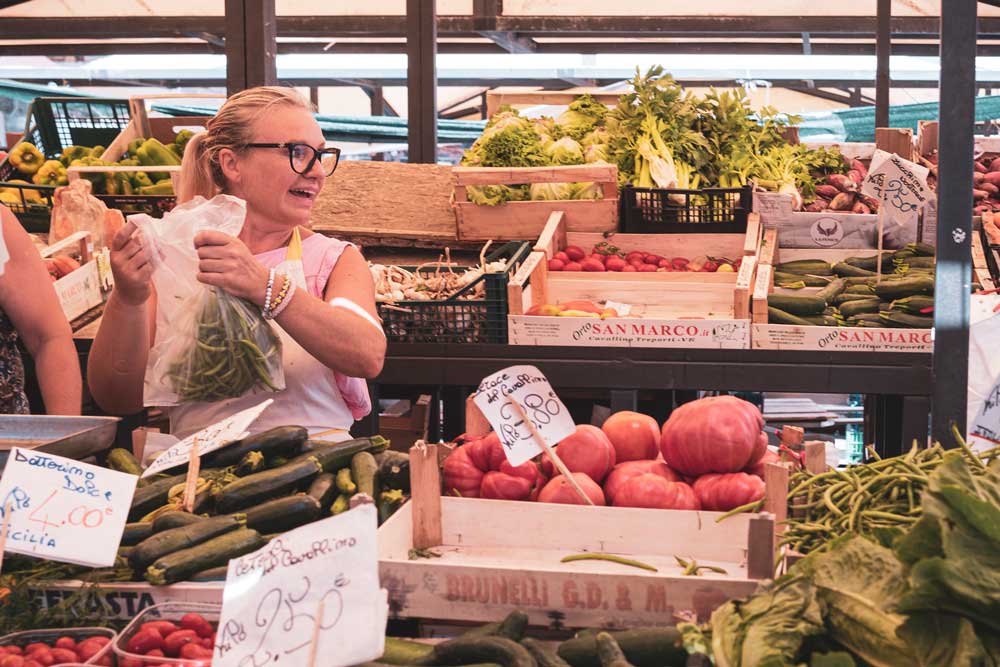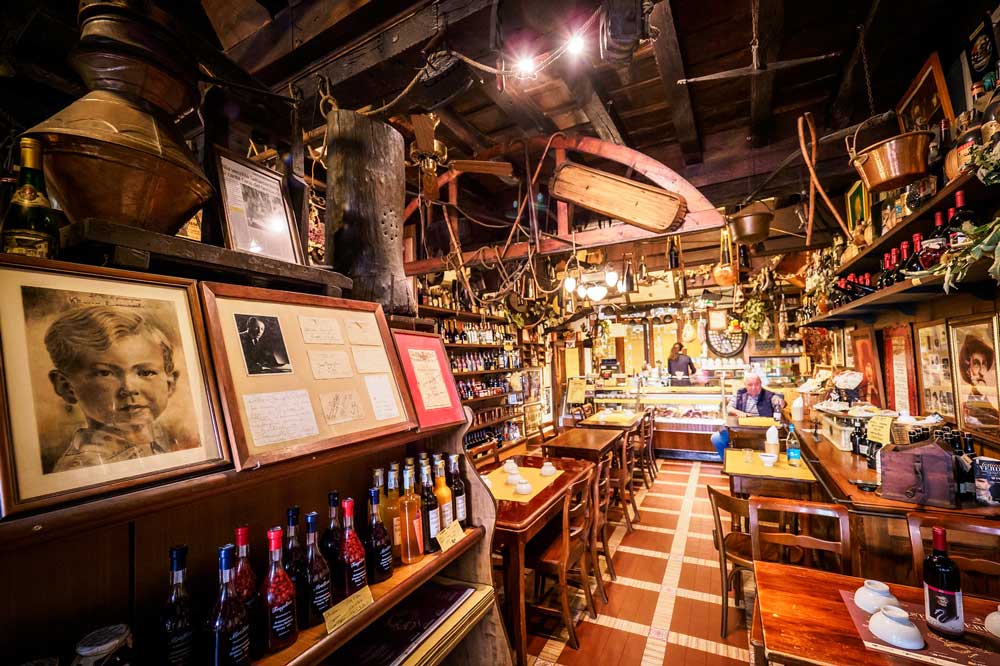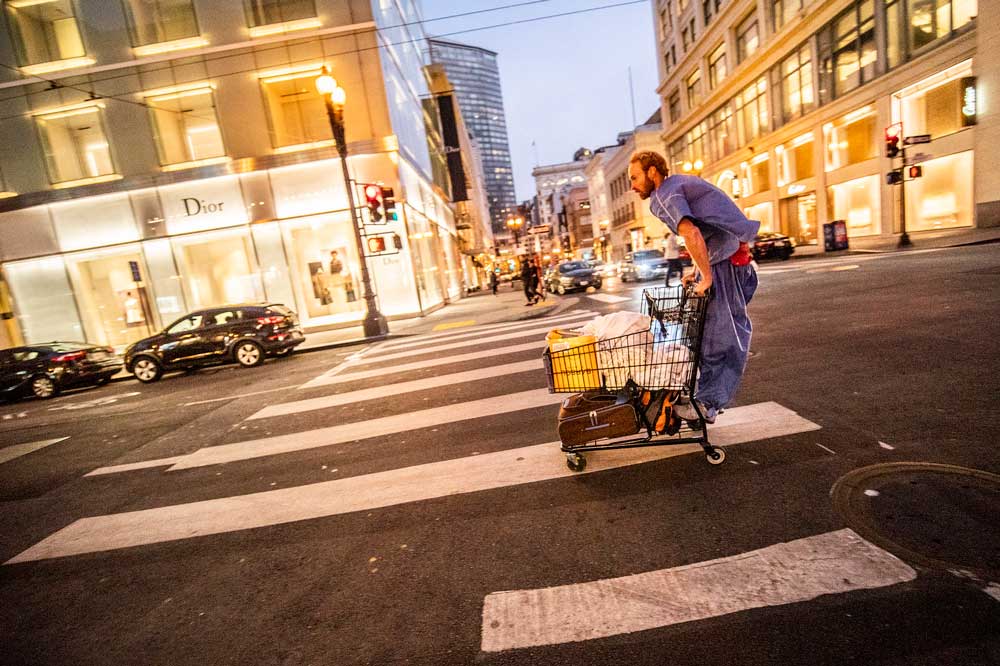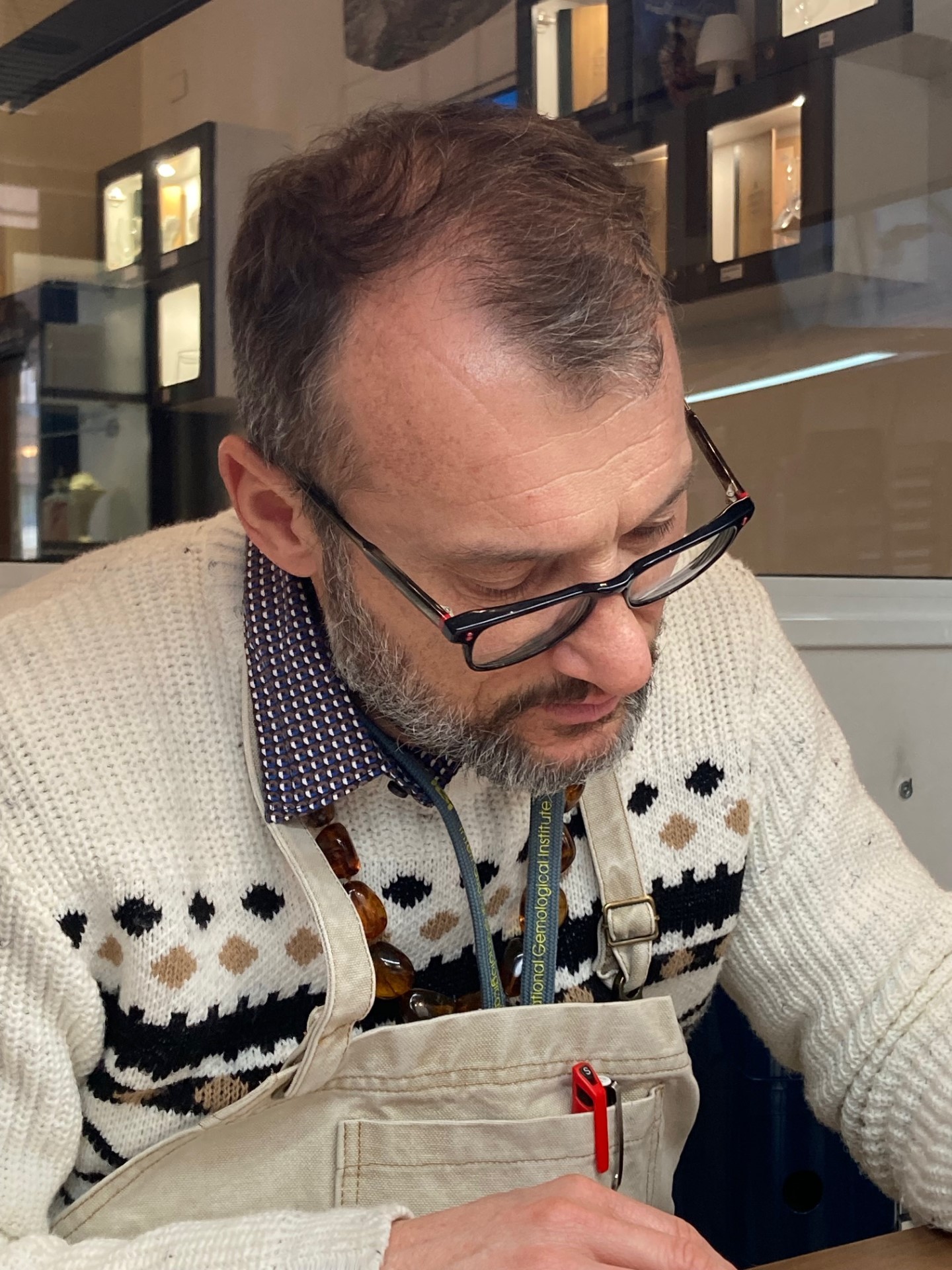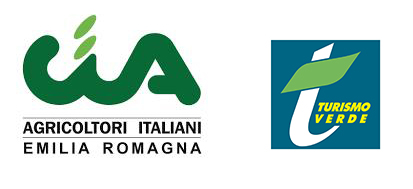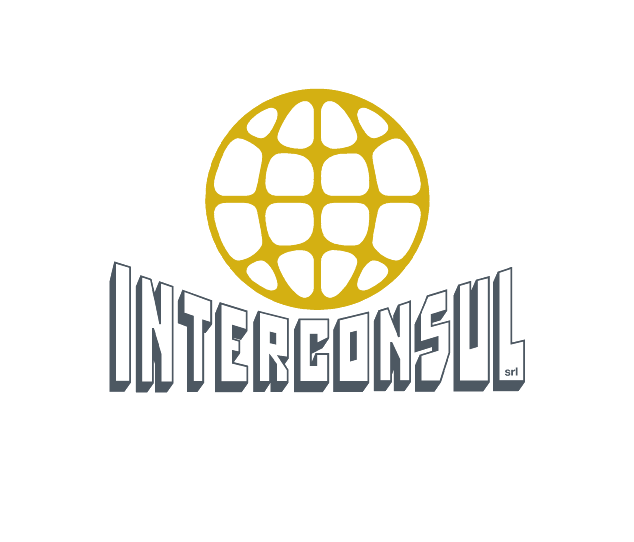Grocery shopping
Resistance to freezer and frozen products. To vacuum-packed, preserved and canned. To technology where it is not strictly necessary and functional for the sublimating transformation of a raw material.
by Luca Farinotti
A sniggering little mouse, with a brown beret on her head stands up from her little yellow straw chair and runs to squeak in my ear.
“Go away!” I think.
I’d like to scream but the only thing I can do is produce a weak sound. Then she laughs and her whiskers lengthen.
“We have to go!” – she shouts at me – “We have to go to the market! Wake up!”
“Wake up, Luca!”
I open my eyes. My little sister is shaking my shoulders violently, shouting.
“We have to go!” she says again.
“It’s still dark outside….”, as I point at the window.
“Yes…we have to…we have to go,” she says to me. She seemingly gives me a reprieve, stopping and staring at me for a brief moment. After that, with surgical precision, she touches my eyes, using her five-year-old fingers as if they were tweezers, trying — and actually succeeding — in lifting my eyelids.
“We have to go to the market!”
She has already put on her shoes by herself. She tugs at my arm with all her strength “Heave-hoh!”
“All right, all right”, I say.
“Dad is waiting for us in the car. He’s waiting for us in the courtyard. Hurry up!” she orders.
“But I don’t want to come today,” I protest, as she throws me a pair of Bermuda-shorts and a T-shirt.
“We have to go!” “We’re making a stop at the sandwich shop first,” she cuts to the chase.
“On the way there or back?” I ask.
“At the sandwich shop,” she replies.
I have no choice but to put an end to this torture as quickly as possible. I promptly put on my claret Aston Villa football shirt, European champions in 1982, my green Montreux shorts and my Diadora trainers, sticky and ragged, as they are the only pair of footwear I have worn all summer long, as every 10-year-old child usually does. So, without washing my face and brushing my teeth, I grab my sister, pick her up and carry her to the car.
“Put me down!” she orders with an incontrovertible determination.
Her kicking feet touch the ground again, shaking uncontrollably, then become an awkward, frenzied run towards the courtyard, where our father is waiting for us in the Peugeot family car which is already running, the door wide open to the cool morning breeze and the newspaper La Gazzetta on the steering wheel. Sunrise starts to gradually illuminate the green hills.
“He didn’t want to come,” she complains.
“Next time, let him sleep,” our father admonishes her.
“I’ll have a quiche with prosciutto crudo,” she states.
“Will we stop on the way there or while coming back, dad?” I say.
“Do you think you deserve it?” he cruelly forces me to do some motiveless morning soul-searching.
“Relax daddy, I won’t tell mum! This way she won’t tell you off for squandering money to spoil us,” — she adds — “I’ll have the quiche with prosciutto crudo, cut in half.”
“Same for me, but with raw sausage,” he chuckles as, like he was the typical know-all older brother, throws the newspaper at me, opened at the sports section, just before starting his usual brusque departure manoeuvre.
Juventus buy Boniek, says the newspaper headline.
My mornings in the summer of 1982 were characterised by indelible nightmares in which little sisters, who have turned into rodents, continuously torment me at dawn, and by long car journeys on which I kept my father company during his strenuous wandering around markets, farms, pig breeders and experts in the ageing process of culatello . Our reward was being paid with a prosciutto crudo quiche, on our way back home. This food stop was appreciated very little by my mother, to whom, as always, her husband returned, at lunchtime, two exhausted and immorally replete kids.
For this and many other reasons our father, the chef, was unquestionably the worst parent in the whole valley but he was the best chef in the world.
He regularly woke up at 4 a.m. to think about the daily menu, and immediately started to phone his most faithful wholesalers. Our typical trip usually started at 6 a.m.; first stop: the main fruit and vegetables market. He had five or six suppliers: one for peaches, another one for pineapples, a few for strawberries and so on and so forth. From them, the fruit and vegetables he bought were non-seasonal and non-local, but necessary for his daily creation.
We were buying local seasonal fruit at the last stop, before noon, in the mountain town Ravarano, from a farmer who had apricot trees and blackthorns and, above all, long greenhouses with local wild strawberries, raspberries and blueberries. Blackberries grew wild along the hedges near our house, and the chef forced us to pick them on our own under the scorching sun, tyrannically ordering us to leave the unripe ones on the plant, while we stung ourselves on the nettles and became drenched in sweat.
After the market, it was the turn of norcini . On Mondays we used to go to Lagrimone, the mountain outpost in Langhirano, where our dad-chef spent hours examining all the legs of prosciutto as they were being aged, writing down each one’s characteristics, and then selecting the legs he would ask to be set aside. Tuesday, however, was closing day, devoted to long journeys.
We used to skip all the rest, and leave for Neive, to stop by and visit Levi, so that we could fill up the boot with beautifully labelled bottles of grappa , Donna selvatica che svalica le colline, distilled over high heat. My father usually asked for these bottles with a more-than-religious reverence, grabbing the cases and looking around quite shiftily, like a sacrilegious thief who desecrates a church. As this strange, vaguely illegal commerce was coming to an end I used to wander among stills and cobwebs, admiring the dusty furniture and objects around me, asking myself how it was possible that such messy and dirty people were, in turn, admired by my father and, above all, by my hyperdisciplined mother.
Those trips were extremely adventurous. For me, it was like going to Indiana Jones’s Temple of Doom, although we simply used to buy olive oil made from olives, which were harvested and then pressed on the spot in ancient, dark, “green-smelling” stone olive mills. To me they looked like pirate prisons, scattered all over the hills adorned with century-old olive trees. On Wednesday we used to go to Carpaneto or to Varnasca, right after
the fruit market, mostly to buy pancetta and salami. On Thursdays we used to go to the Bassa to buy culatello.
On those days we weren’t likely to come back home before late afternoon. The negotiations were exhausting and “the farmers from those strange places” my father used to warn us, “were brutes, eaten alive by mosquitos and thus embittered, the humidity had turned their brains to mush, making them obtuse.” But, in the end, the chef nearly always succeeded in getting the cellar doors open. Cutting the culatello was a real privilege, available only to those people who had gained the “brutes” respect. It was like they were jealous kings who had decided to open their coffers to show a foreign sovereign their most precious treasure, thus bestowing on him all the honour which my father, king of the hill, claimed dangerously without fail.
When we succeeded in coming back home with at least a couple of “proper” culatelli, this was a huge victory and we were happy, since our father was happy.
After our trips to the salami makers – we went to a different one every day – on Mondays it was the turn of the cheesemaker, who could be located either on the plain and in the hills, depending on which flavour the chef wanted to give to his stuffing; and then, on Wednesdays, we used to go to the butcher: we usually entered enormous cold storage rooms where Augusto, my father, chose the best pieces, feeling them one by one with his large fingertips. After that, we finally went outside and, while he was discussing everything in the boss’s office, we ran outside in the sunlight to try to warm up.
We behaved ourselves because we knew that, after the “meat-stop”, would be the time for the sandwich bar, with prosciutto crudo, raw sausages and laughs.
When we finally “returned to our base” on the hill, we first unloaded the groceries, passing the bags to each other in a human chain, as industrious as the close-knit families on telly. In the kitchen, there had been a great ferment for hours already; women intent on rolling homemade pasta dough, baking lattice pies and shelling beans.
And, needless to say, an extremely annoyed mother as she was, watch in hand, perfectly aware that her children had already stuffed themselves with enough focaccia to skip, with their father’s consent, the meal consisting in a steaming courgette soup, already served on the set table.
Although the chef’s highest act of generosity, was devoting himself and his natural calling to the grocery shopping for the restaurant, to the extent that he spent all his dawns doing so, he had an even higher regard for his own and his family’s grocery shopping, which he carried out with unqualified care, sacrificing “dawns and sunsets, sky and stars”. Every day he used to come back home with an unscheduled, unexpected and unrepeatable meal, consisting in some delicacy hidden beneath the counter by one of our wholesalers.
But this was just a show for its own sake. When the chef was cooking professionally, he followed one and only commandment: the utmost respect for the ingredients, which had to be processed with the highest degree of simplicity.
This was the most genuine ideal which, free from the deception of naive amazement, as a little seed, started to take root in me, day by day, determining my own existence and my profession. I came through the various and intense suggestions of mondoristorante, allowing myself to experience the multiple adventures at my disposal, embracing new and old philosophies, distancing myself from them, and then re-embracing them again, refusing all labels, as I was convinced that I was driven by my own intellectual freedom.
But, at the same time, my father’s influence had left its mark on me, and it was continuously self-processing undetected, until the day of the irreversible epiphany which made me a resistant restaurateur. The world, which needs to create categories, calls our industry bistronomy. But I prefer to call it resistance: to freezers and frozen food. To vacuum-sealed bags, to all processed and canned food. To technology, unless it’s strictly needed to enhance the quality of a specific ingredient (e.g. a coffee roaster, or a pot to boil water and cook pasta).
To single-portion packages and to vacuum-sealed bags, which impoverish the products by reducing their nutritive properties, and consequently, to high-priced hypertechnological ovens that, in some cases, are useful for satisfying mere vanity or for compensating, or even for hiding, the lack of practical and cultural knowledge. Everyone should persevere in serving only fresh seasonal food, which has to be eaten within a day, and cooked simply, with love and zeal, consumed raw or just heated directly on a high flame, thus highlighting professional dexterity and emotional courage. This is one of the mandates of the resistant restaurateur

Luca Farinotti
you may be also interested in
- 23/03/2024|
by Redazione

